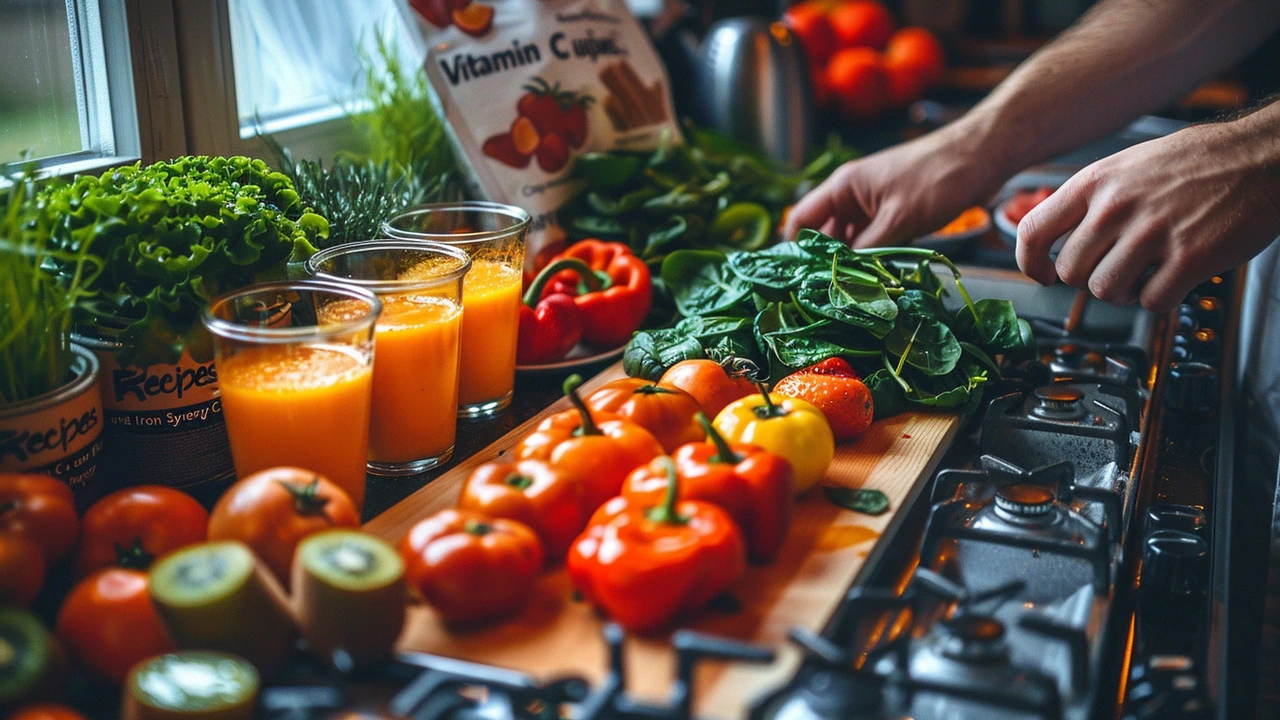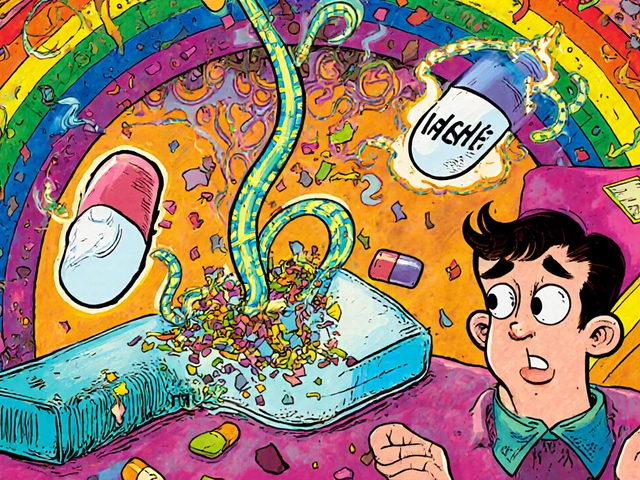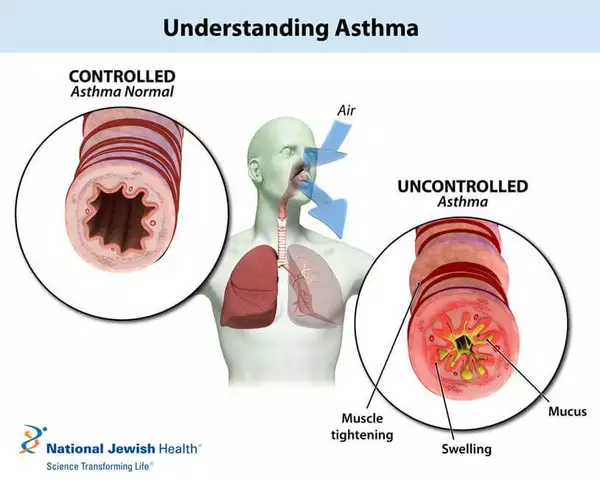Vitamin C: What It Does for You and How to Take It Right
If you’ve ever heard that a daily orange can keep the doctor away, you’re not far off. Vitamin C (ascorbic acid) is a water‑soluble vitamin that supports your immune system, helps make collagen for skin and joints, and protects cells from oxidative stress.
Top Benefits You’ll Notice
First up, immunity. When you catch a cold, higher Vitamin C intake can shorten the duration by a day or two. It also boosts white‑blood‑cell activity, so your body fights off germs faster. Second, skin health. Collagen needs Vitamin C to form properly, which means better wound healing and fewer wrinkles over time.
Third, iron absorption. Plant‑based iron (non‑heme) is hard for the gut to grab, but Vitamin C turns it into a more absorbable form. If you’re vegetarian or have anemia, pairing a veggie meal with a citrus fruit can make a big difference.
How Much Is Right?
Adults typically need 75 mg (women) to 90 mg (men) per day, according to health agencies. Most multivitamins cover that amount. For therapeutic reasons—like supporting recovery after surgery or heavy training—people often take 500 mg to 2000 mg daily.
Start low if you’re new to supplements. A 500 mg tablet once a day is a safe baseline. If your stomach tolerates it, you can split the dose (e.g., 250 mg morning, 250 mg evening) to reduce possible upset.
Kids need less: about 40 mg for ages 4‑8 and 45 mg for ages 9‑13. Always check pediatric dosing before giving a supplement.
Remember, Vitamin C is water‑soluble, so excess amounts leave the body in urine. That said, megadoses over 2 g can cause diarrhea, cramps or kidney stones in susceptible individuals.
When choosing a product, look for “ascorbic acid” or “buffered vitamin C.” Buffered forms (like calcium ascorbate) are gentler on the stomach because they’re less acidic. If you have sensitive digestion, buffered is a good pick.
Interactions matter too. High doses of Vitamin C can increase iron absorption, which is great for deficiency but risky for people with hemochromatosis (iron overload). It also may affect certain blood thinners like warfarin, making clotting times shorter. If you’re on prescription meds, ask your doctor before adding a high‑dose supplement.
Timing isn’t critical, but many find taking Vitamin C with meals reduces stomach irritation. For athletes, a dose 30 minutes before workout can help curb oxidative stress from intense exercise.
Lastly, food is still the best source. One medium orange, a cup of strawberries, or half a bell pepper give you roughly 70‑100 mg. Adding these foods to your diet is a simple way to meet daily needs without extra pills.
Bottom line: Vitamin C supports immunity, skin, and iron use; a modest supplement (500 mg) is safe for most adults, but avoid mega‑doses unless advised by a healthcare professional. Keep an eye on stomach tolerance and any medication interactions, and you’ll reap the benefits without hassle.
The Essential Role of Vitamin C in Boosting Iron Absorption and Preventing Anemia
Vitamin C plays a crucial role in enhancing iron absorption and preventing anemia. Understanding how this vitamin works with iron can help individuals maintain better health. This article explores the relationship between Vitamin C and iron, the importance of their synergy, and practical tips for incorporating these nutrients into your diet.






